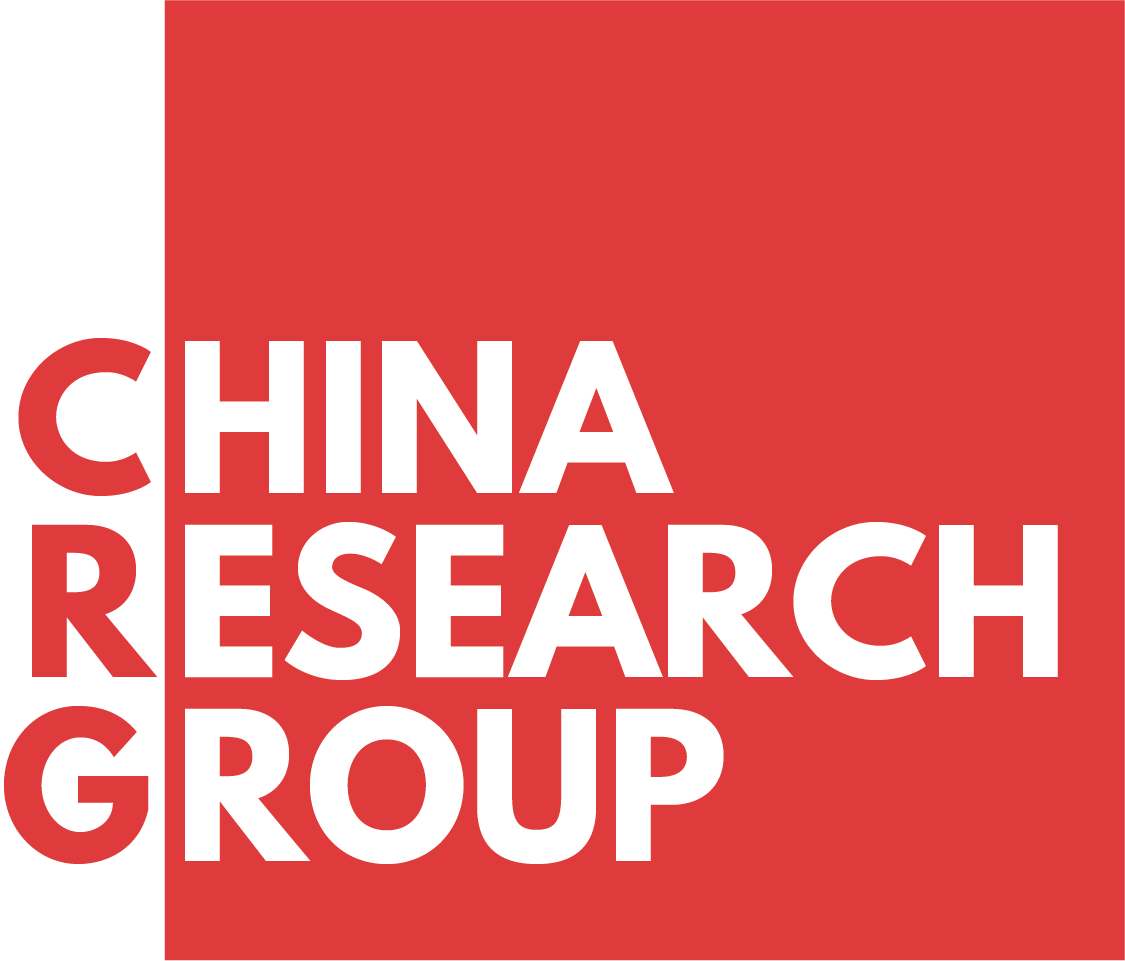The FT’s Global China Editor, James Kynge, joined us to discuss his perspective on how rivalry over technology will shape the world.
On mistrust: “So the difference in the characteristics of the tech products that we buy and sell has made them much more open to suspicion and to controversy. The sorts of questions that naturally arise now on a personal and national level are 'is my data being collected?', 'is a foreign power spying on me?', 'can a foreign power flick a kill switch to important parts of our national tech infrastructure, and effectively shut down aspects of our daily life?' And because almost half of global trade these days is digital, this problem is very pronounced. Trust issues have suddenly become front and centre to global trade and investment….And mistrust is in every sphere between China and the West these days.”
On China’s engagement with the world: “While technological bifurcation looks like it will become an increasingly pronounced trend, other forms of engagement between China and the West remains strong. For instance, there has been a flood of overseas money into China's stock and bond markets. The latest numbers show that total foreign ownership of Chinese stocks and bonds reached $837 billion. That's an eight fold increase since 2014.
So as ever, it's not a simple picture. It's not all the arrows are pointing in the same direction. The interdependency between China and the West is such that you can see trends starting stopping and reversing simultaneously quite a lot these days. But overall, I'd say that when it comes to technology, levels of suspicion are at highs, unprecedented since the reform and opening period began just over 40 years ago.”
On how the UK can manage its relationship with China: “My characterisation of the challenge that the UK faces would be roughly that there are key functions of state, and there are key areas in which security of supply and key infrastructure needs to be secured. And if those areas are squared away, in other words, if the UK can be sure that its telecom system, its nuclear power system, its water system, and several other key crucial areas of infrastructure are dependable, then I think it doesn't matter too much, you know, in other words, then it is possible to be part of a global supply chain.
But if you have key functions of your economy that are in the hands of an acknowledged rival, or are crucially dependent on supply from an acknowledged rival. The UK's stance on China is a little bit ambiguous at the moment, but certainly our biggest ally, the US regards China unambiguously as a strategic rival, then I think you've got a problem, you've got a problem, because bad things can happen. Your systems are hostage, really to all kinds of pressure from a country that doesn't have your necessarily have your best interests at heart. But so my feeling is, if you create walled gardens around the crucial functions of your country, that leaves you free to engage in all the other areas. And, you know, that would be much more consistent with the long standing inclination of the UK to be a global and open economy.”
Transcript
Download the full transcript here.
